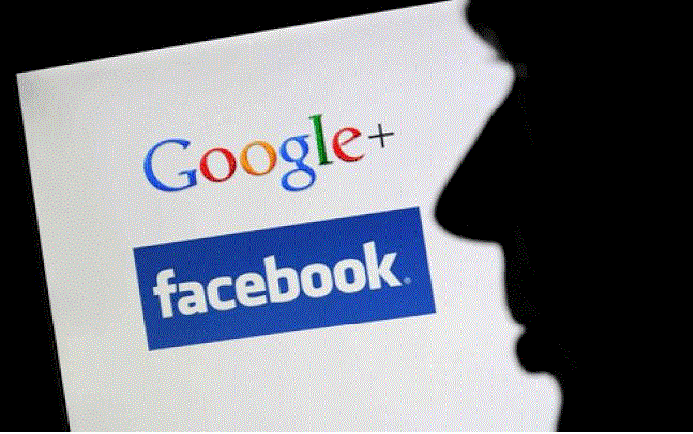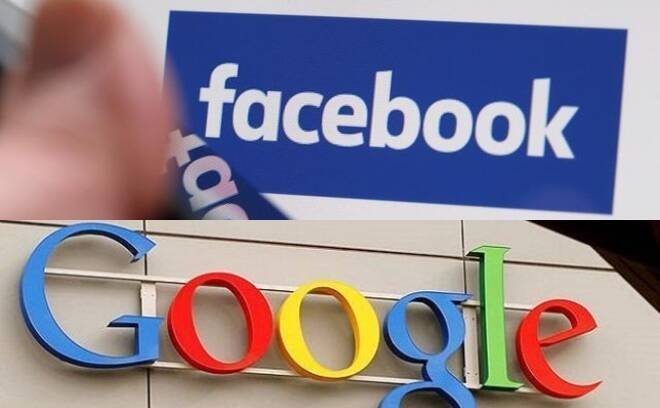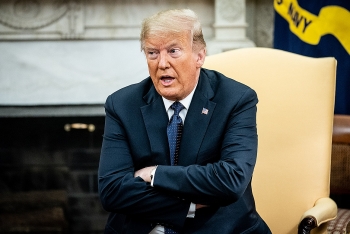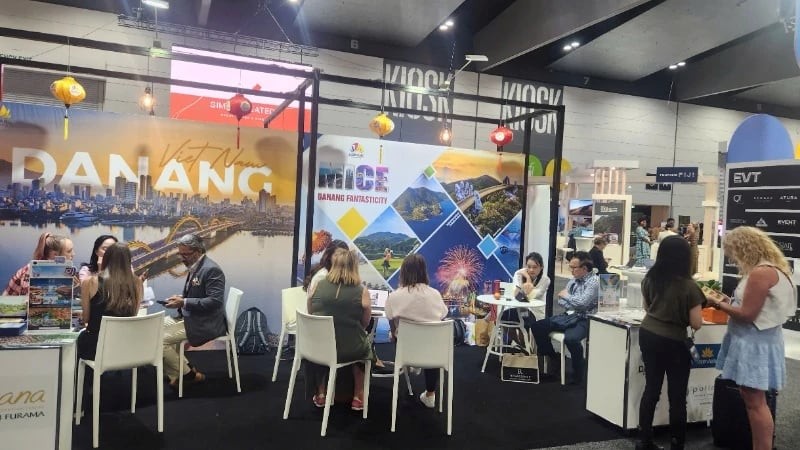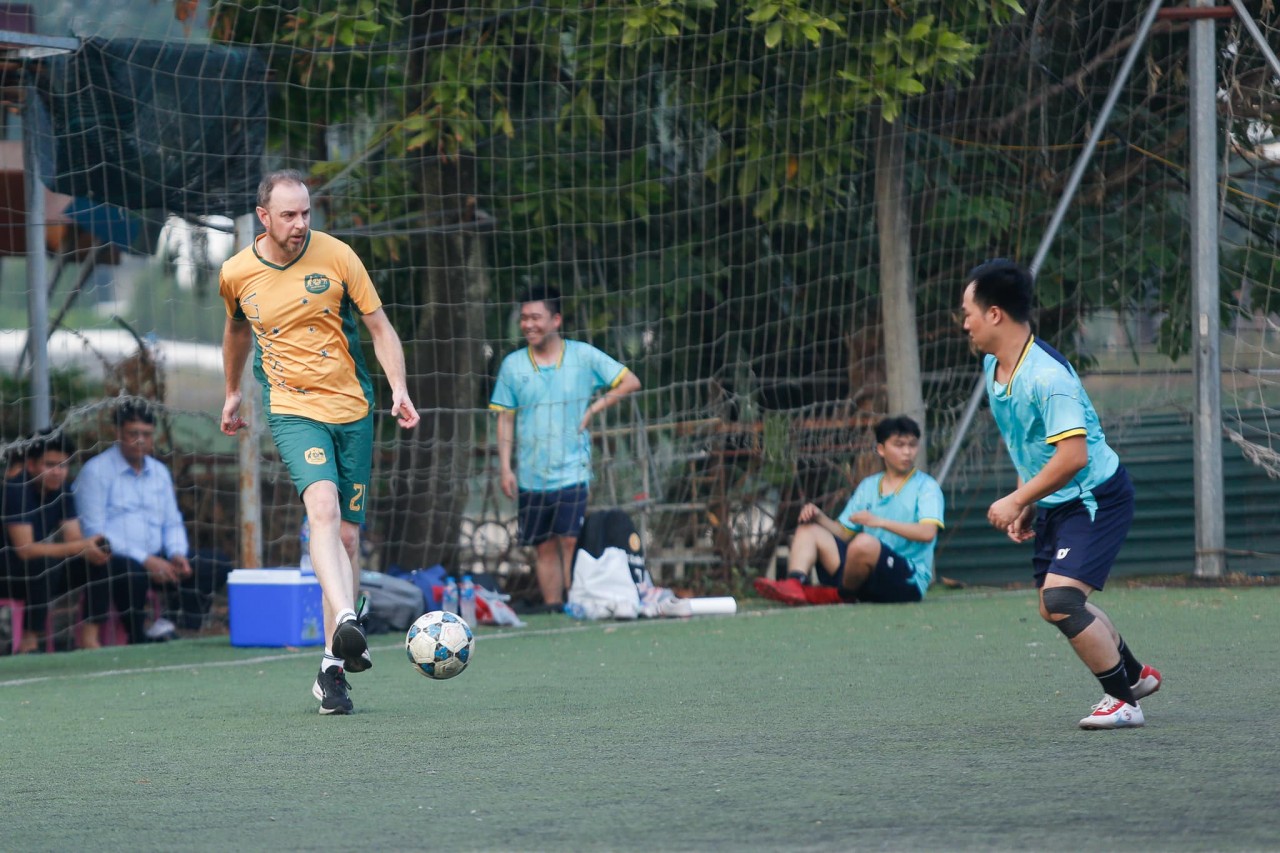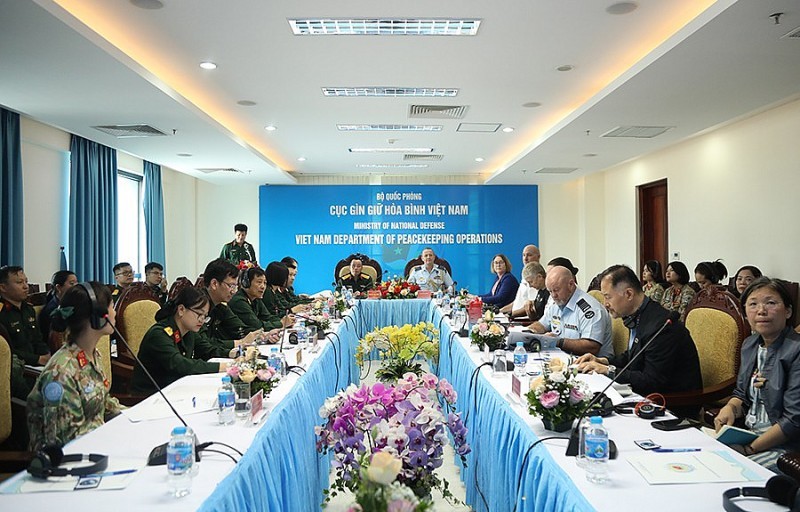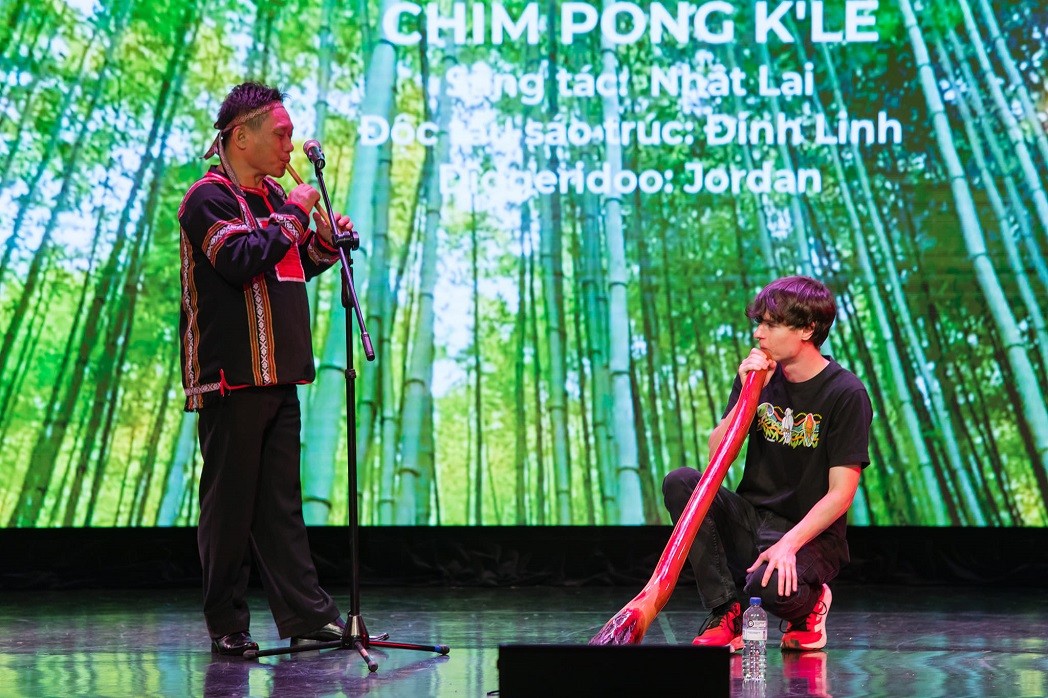Facebook news ban to be reversed in Australia
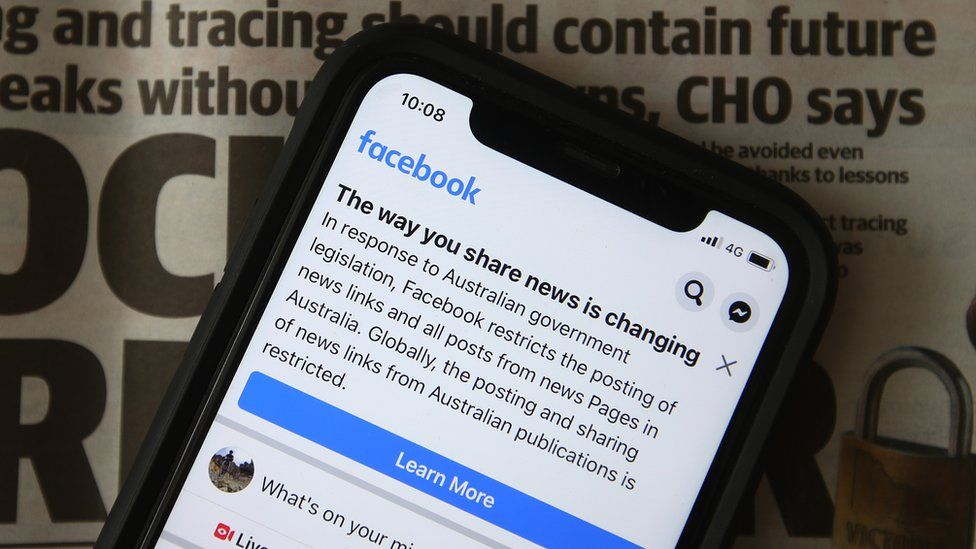 |
| Photo: Getty Images |
"After further discussions with the Australian government, we have come to an agreement that will allow us to support the publishers we choose to, including small and local publishers," said Campbell Brown, head of Facebook's Global News Partnerships division, in a statement. "We're restoring news on Facebook in Australia in the coming days."
According to CNET, Facebook will bring news back to Australia not out of generosity but rather because it says it got sufficient concessions from the government. Frydenberg and Australian Communications Minister Paul Fletcher pledged on Monday to make changes to the News Media Bargaining Code, the bill in question, which they assured will "strengthen the hand of regional and small publishers."
Facebook's blockade meant that, since last Wednesday, news has vanished from the platform in Australia. Brand pages for outlets like CNET or The New York Times went completely blank, while users were restricted from posting news content. The feeds of Australia's 11 million users have been completely bereft of news. It was a scattershot approach for Facebook, with multiple non-news pages, like the Bureau of Meteorology and South Australia Health, also having their pages wiped clean.
Under the proposed bill, Facebook and Google would be made to negotiate with local publishers over payment for the news content that surfaces on Facebook's feed and Google's search results. If no agreement could be reached in 90 days, government-appointed arbitrators would hand down a binding compensation agreement. Publishers would also need to be given advanced notice of changes to algorithms that would affect how their content is ordered and prioritized.
After balking in February and threatening to pull search out of Australia, Google has since made several big-money deals with publishers. That includes Rupert Murdoch's News Corp. and local giant Nine Entertainment, two of the biggest companies to lobby for the bill. But just as Google agreed to join the negotiating table, Facebook went the other way, blocking news with no warning.
It may not be the last time, either. In her Monday statement, Brown noted that Facebook reserves the right to pull news at a future date if the social media giant feels it's being subjected to unfair treatment.
"Going forward, the government has clarified we will retain the ability to decide if news appears on Facebook so that we won't automatically be subject to a forced negotiation," she said.
Facebook to restrict Australian users sharing news content
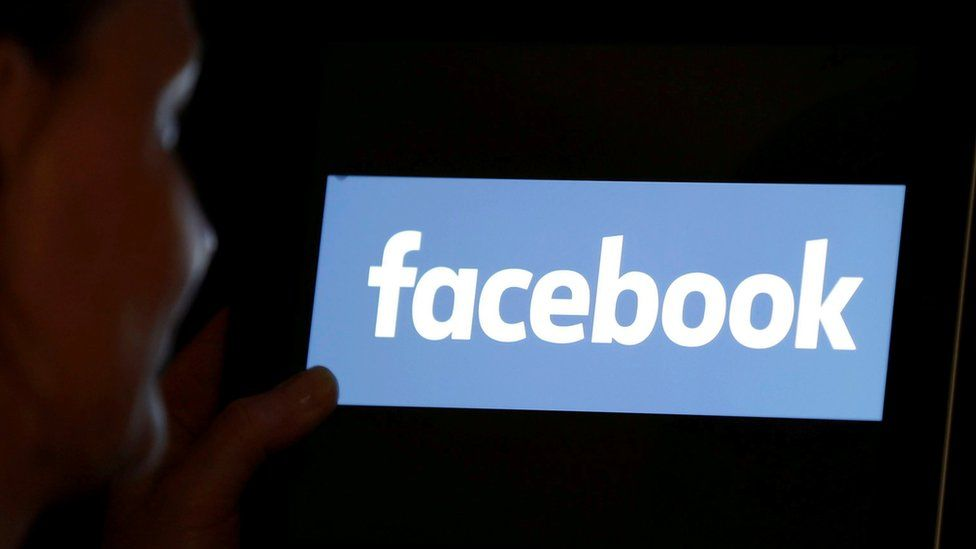 |
| Facebook said it was making the change "with a heavy heart" (Photo: Reuters) |
Facebook damaged its reputation by banning Australians from seeing or posting news content on its site in response to the federal government’s news media code, treasurer Josh Frydenberg has said.
The tech giant’s Australian and New Zealand managing director, Will Easton, said the ban would block links to Australian publishers from being posted, while no Australian users would be able to share or see content from any news outlets, both Australian and international, according to the Guardian.
“The proposed law fundamentally misunderstands the relationship between our platform and publishers who use it to share news content,” he said in a blog post published on Thursday morning. “It has left us facing a stark choice: attempt to comply with a law that ignores the realities of this relationship, or stop allowing news content on our services in Australia.
“With a heavy heart, we are choosing the latter.”
Although Facebook had publicly threatened such action over the code since September last year, the federal government was blindsided by news being pulled, and Frydenberg called a half-hour meeting with Facebook chief executive Mark Zuckerberg on Thursday morning.
Frydenberg said the company had damaged its reputation.
“Facebook was wrong. Facebook’s actions were unnecessary, they were heavy-handed, and they will damage its reputation here in Australia,” he told reporters on Thursday.
Users on Thursday reported seeing a pop-up error window when they attempted to post links to news, stating these cannot be posted in response to the news media code.
Easton said publishers stood to gain more from sharing content on Facebook than Facebook does, with news content accounting for less than 4% of all content shared, and the company was willing to support news, but only with “the right rules in place”.
“We hope that in the future the Australian government will recognise the value we already provide and work with us to strengthen, rather than limit, our partnerships with publishers,” he said.
Fact-checking and Covid-19 information will remain in place to combat misinformation on the platform, but the ban will mean people will not be able to post links from news sites in response to seeing misinformation on the platform.
According to The Guardian, Australia’s communications minister, Paul Fletcher, said the move raised questions about the credibility of information now available on Facebook.
“They’re effectively saying, on our platform, there will not be any information from organisations which employ paid journalists, which have fact checking processes, editorial policies,” he told ABC News Breakfast.
“They’re effectively saying any information that is available on our site does not come from these reliable sources. I would imagine that on quite sober reflection, they will start to become quite troubled about what that would mean for how their platform is perceived.”
Frydenberg said conversations with Facebook were ongoing over potential amendments, but the government planned to proceed with the code, which passed the House of Representatives on Wednesday.
“[Zuckerberg] did explain to me that they had concerns with aspects of the code, and it goes to the interpretation of some of its elements,” he said.
“And he will come back to me with some more considered views. And we’ll listen to him and discuss that with the prime minister and with our colleagues. And we’ll make decisions then. But we are committed to the code.”
Facebook’s move is in contrast to the approach from the other major platform subject to the code, Google.
Although Google had threatened to withdraw its search engine from Australia if the code went ahead, in the past week, Google has signed agreements with some of Australia’s biggest publishers, including News Corp, Nine Entertainment and Seven West Media, for payment for its News Showcase product. The Nine deal is reportedly worth $30m a year.
Public negotiations
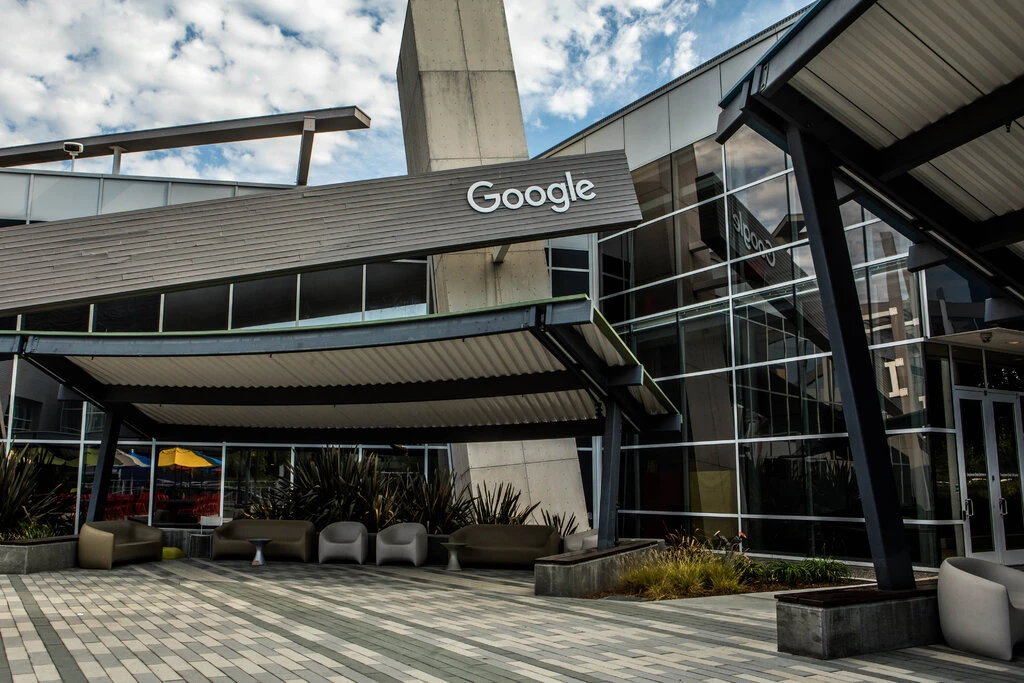 |
| Photo: New York Times |
The News Media Bargaining Code has been in the works for years. After being drafted by Australia's competition watchdog, it entered the House of Representatives in December. In late January, a Senate committee began an inquiry into its feasibility, at which time Google said it might block Australia from using its search engine if the bill becomes law. Google was concerned that it would be forced to pay for the news links and snippets that surface following search inquiries, CNET reported.
After the senate committee recommended the bill's passage through Parliament, Google took a more conciliatory stance. Through News Showcase, a feature on its News app that highlights stories from participating outlets, it signed deals with Seven West and Nine Entertainment reported to be worth over AU$30 million ($23 million) annually. News of a global agreement between Google and News Corp. followed soon after.
Ads on Google's search homepage that once warned Australian users that the News Media Bargaining Code would "make search worse" now paraded the fact that Google had signed nearly 80 publications up to News Showcase.
But as Google was signing agreements with Australian publishers, Facebook seemingly opted for the nuclear option. With no notice, Australians woke up last Thursday to find themselves restricted from posting news stories to their feeds. Yet as final as the outcome felt, there were signs it was merely a bargaining chip placed on the table by Facebook.
"Today I had a further conversation with Facebook's Mark Zuckerberg," Frydenberg tweeted on Friday. "We talked through their remaining issues and agreed our respective teams would work through them immediately. We'll talk again over the weekend."
Facebook's decision to return news to Australians is the fruit of that labor, but it's not yet clear which side conceded more.
 | Vietnam police destroys criminals 'hacking' Facebook to appropriate property The police of Ba Don town in Quang Binh province has destroyed a group of criminals hacking Facebook, causing 5 frauds to appropriate more than ... |
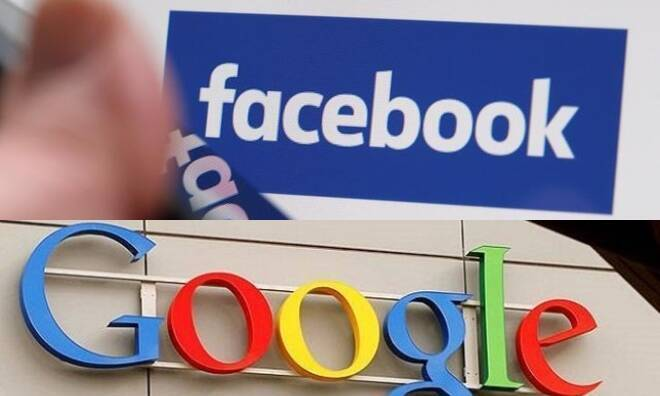 | More young people become millionaires using social media More and more young people are becoming millionaires, earning their large fortune from social media sites and online commerce, according to tax authorities. |
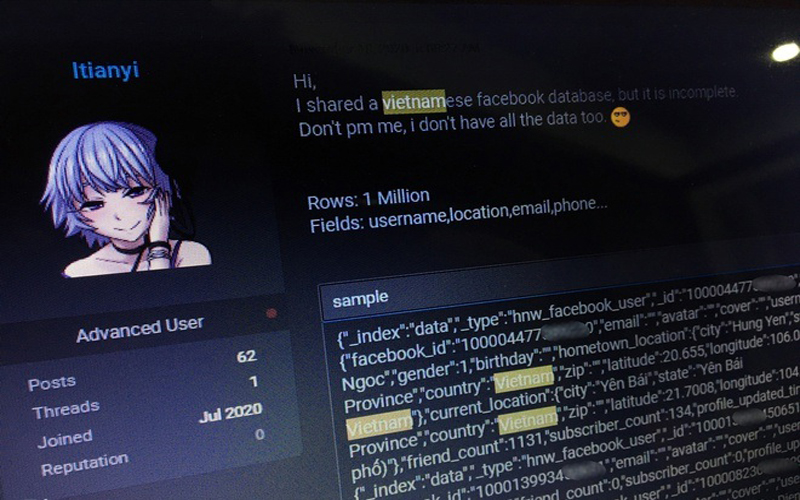 | One million Vietnamese’ Facebook accounts aired on a hacking forum Data including phone numbers, emails, locations were stolen from Vietnamese Facebook users and shared for free on hacker’s forum. |
Recommended
 World
World
India strikes back at terrorists with Operation Sindoor
 World
World
India sending Holy Relics of Lord Buddha to Vietnam a special gesture, has generated tremendous spiritual faith: Kiren Rijiju
 World
World
Why the India-US Sonobuoy Co-Production Agreement Matters
 World
World
Vietnam’s 50-year Reunification Celebration Garners Argentine Press’s Attention
Popular article
 World
World
"Will continue offering our full support to Indian govt": US FBI Director after Pahalgam attack
 World
World
"Great Leader": JD Vance Lauds PM Modi During His India Visit
 World
World
Trump’s Tariff Pause: A Strategic Move from “The Art of the Deal”?
 World
World

